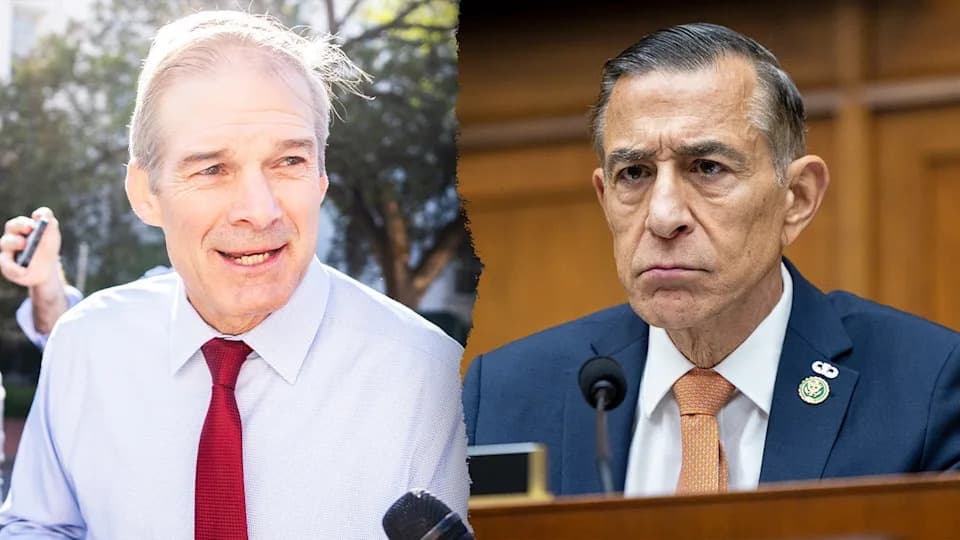Overview: The Litigation Transparency Act of 2025 (H.R. 1109) would require disclosure of material litigation funders. Conservative organizations warn the measure could violate donor privacy and chill lawsuits by lower-income plaintiffs. Sponsors say the bill aims to prevent hidden, profit-driven or foreign-funded litigation and will include clarifying language to protect longstanding donor-privacy precedents. A House Judiciary Committee markup was scheduled for Thursday at 12 p.m.
GOP’s Litigation Transparency Bill Draws Pushback Over Donor Privacy and Access to Justice

The GOP-backed Litigation Transparency Act of 2025 (H.R. 1109), introduced by Reps. Darrell Issa, Scott Fitzgerald and Mike Collins, would require parties receiving significant litigation-related payments to disclose the identities of those funders. The proposal has prompted sharp objections from several conservative organizations that say the bill could undermine donor privacy and deter low-budget plaintiffs from bringing legitimate cases.
What the bill would do
The bill seeks greater transparency in civil litigation by requiring disclosure of material funders or partners in a lawsuit. Sponsors say the change would reveal when third-party investors are treating litigation as an investment vehicle and could protect companies and courts from hidden, profit-driven interests, including potential foreign influence.
Concerns from conservative groups
A coalition led by Tea Party Patriots Action and joined by groups such as America First Legal, Defending Education, the Heartland Institute and the American Energy Institute sent a letter urging the House Judiciary Committee to reject H.R. 1109. The letter argues that sweeping disclosure mandates threaten personal privacy, confidentiality and the freedoms of speech and association, and that compelled disclosures could expose donors to harassment or intimidation.
The bill's forced disclosure mandates would broadly apply to political organizations, religious groups, law firms and individual plaintiffs that rely on outside support to vindicate their rights, and would chill free speech and association.
Supporters' arguments
Proponents including the U.S. Chamber of Commerce and the High Tech Investors Alliance say the bill is needed to protect American businesses and the integrity of the courts. They point to cases where hedge funds, commercial lenders, sovereign wealth funds and other hidden investors back lawsuits and may pursue outsized settlements that distort markets or enable foreign actors to influence U.S. litigation.
Sponsors' response and procedural notes
Sponsors have signaled they will add clarifying language to address privacy concerns. Representative Issa said the bill is not intended to overturn historic precedents protecting donor lists and that judges could review sensitive materials privately rather than require public disclosure. The House Judiciary Committee scheduled a markup for Thursday at 12 p.m.
Context and implications
The debate revives a broader dispute between insurers and large corporations, which argue third-party funding drives abusive suits and inflated settlements, and advocacy-oriented nonprofits and legal networks, which contend litigation finance enables those without deep pockets to hold powerful entities accountable. Litigation funding often uses structures such as limited liability companies, donor-advised funds or legal defense trusts that front costs and are repaid only if a case succeeds, a model known as non-recourse or outcome-contingent funding.
Whether enacted, the bill would reshape how courts and litigants identify financial interests behind lawsuits. Supporters say the change will improve judicial transparency; critics warn it could chill association and constrain access to legal remedies for less wealthy plaintiffs.
Help us improve.




























